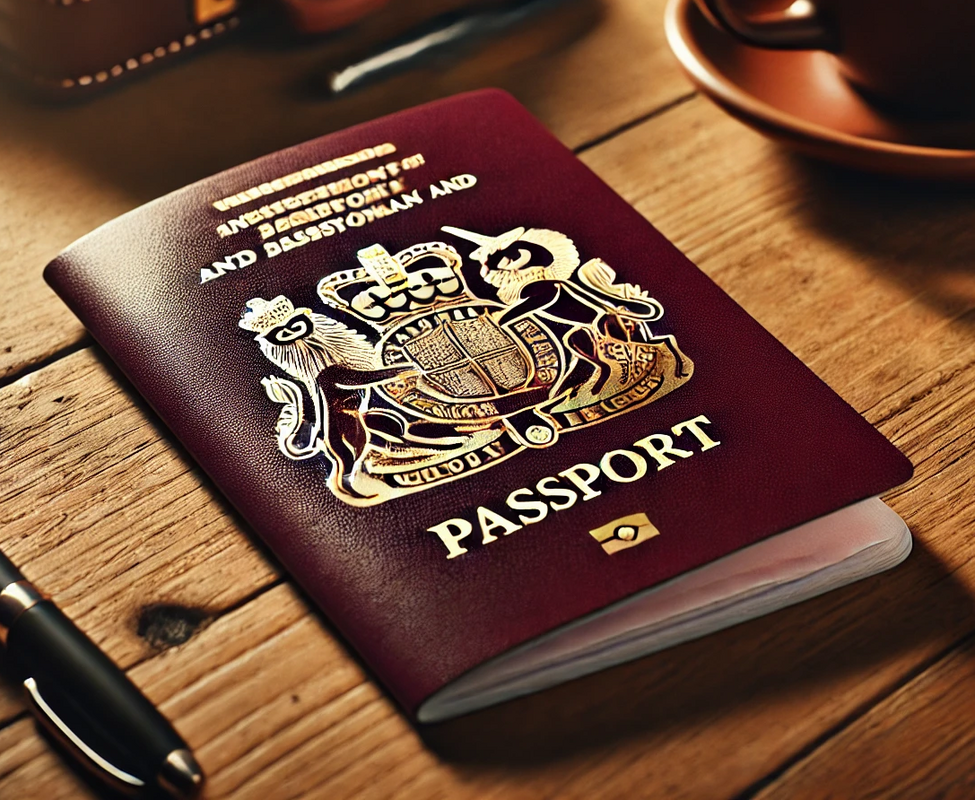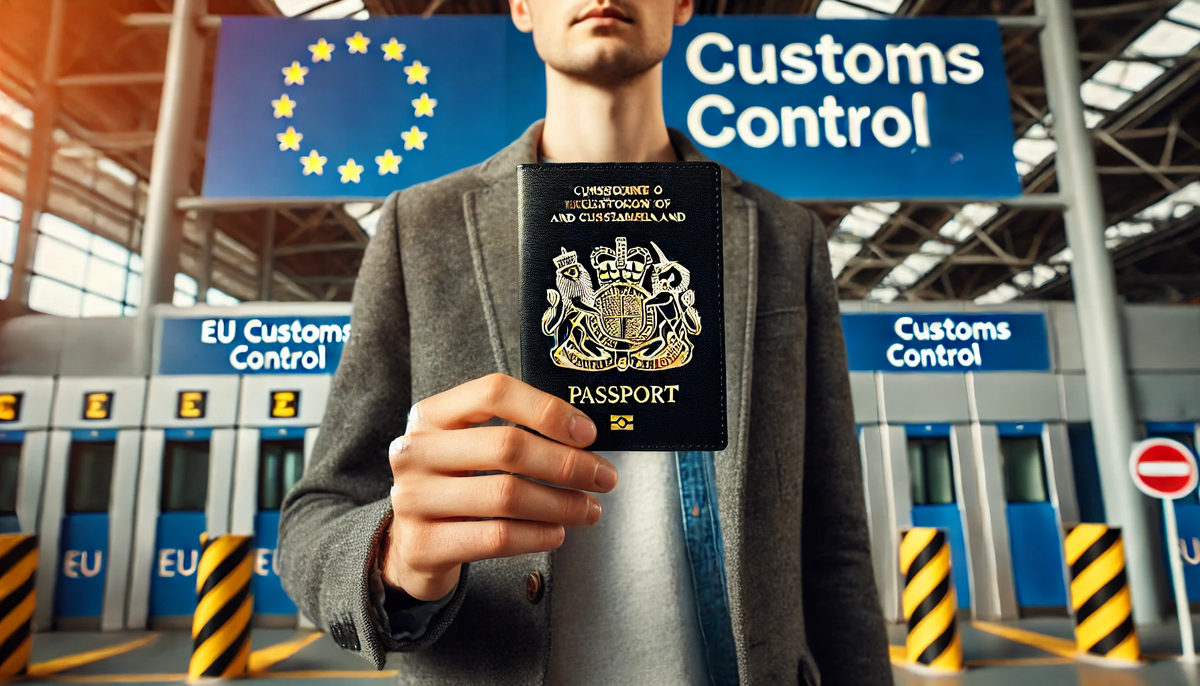
If you’re a British traveller heading to the EU, Iceland, Norway, Liechtenstein, or Switzerland, it’s vital to understand the 10-Year Passport Rule. This regulation, introduced after Brexit, ensures your passport meets specific conditions for entry. For those with older passports, particularly ones issued before 2018, there are additional factors to consider that could catch you out.

What is the 10-Year Passport Rule?
When travelling to the EU or Schengen Area, your passport must meet two key conditions:
- Issue Date: Your passport must have been issued within 10 years of the day you enter your destination. The EU only counts from the date of issue, not the expiry date.
- Validity Period: Your passport must also be valid for at least three months beyond your intended departure date from the EU or Schengen Area.
This rule applies strictly, regardless of any extra months added to your passport’s expiry date during renewal.
Why Some Passports May Not Comply
Before September 2018, the UK allowed unused validity from previous passports to be carried over during renewal. This meant that some passports were valid for up to 10 years and 9 months. However, the EU only recognises the 10 years from the issue date, ignoring any extra months.
For example:
Issue Date: 1 January 2013
Expiry Date: 1 October 2023
The EU considers this passport valid only until 1 January 2023, despite the printed expiry date being later.
How to Check Your Passport
To avoid travel issues, carefully review your passport details:
- Check the Issue Date: Make sure your passport was issued within the last 10 years from the date of your travel.
- Confirm Validity Beyond Your Trip: Ensure your passport is valid for at least three months after your planned departure from the EU.
- Look for Extra Months: If your passport was issued before September 2018, any additional months beyond 10 years from the issue date won’t be recognised for EU travel.

Avoiding Common Pitfalls
- Old Passports: If your passport was issued before September 2018 and includes extra months, it may already be non-compliant with the EU rules.
- Last-Minute Realisations: Many travellers discover their passport doesn’t comply at the airport, causing missed flights and additional costs.
- Airline Policies: Airlines enforce these rules strictly. Always check both your airline’s requirements and the official EU guidelines.
Practical Tips for CTA Members
For CTA members travelling frequently for business or advocacy, ensuring your passport is compliant is critical:
Renew Early: If your passport was issued before September 2018 and is nearing 10 years, renew it to avoid confusion.
Check Ahead: Always verify your passport details before booking travel.
Plan for Delays: Passport renewal services can take weeks, so plan well in advance of your travel dates.

Why is This Important?
For CTA members, travel disruptions can mean missed opportunities at international events, meetings, or advocacy efforts. A non-compliant passport can result in denied boarding, wasted expenses, and lost business opportunities.
Further Information
For detailed guidance on passport rules and travel requirements, visit the UK Government’s travel advice page: https://www.gov.uk/foreign-travel-advice. If you’re unsure, consult your airline or a travel agent to ensure your passport meets the necessary conditions.
Published - 26th November 2024






